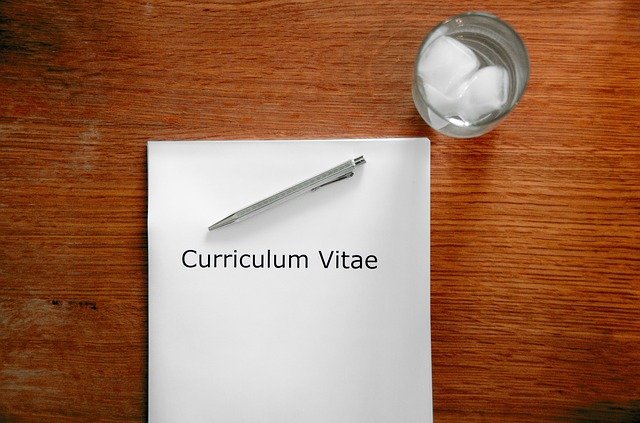Personal growth
Top Ten Resume Writing Tips to Land You The Job
Top Ten Resume Writing Tips to Land You The Job
How do you get your resume to the top of the call back list for an interview? Here are my Top Ten Resume Tips to get you started on writing the resume that is going to get you that next interview and the new job.
1. Check Online Samples
You will find many samples for resumes for your preferred industry online. You can have a read of the ideas and take ideas from these. Do not plaguarise and if you are copy and pasting ideas, check the spelling.
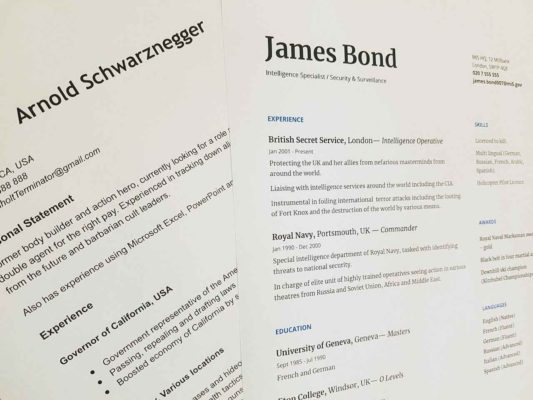
2. Use Keywords
Select keywords from the job ad and job descriptions for your preferred industry. Use these in your resume to reflect knowledge and understanding of industry preferred language.
3. Skills Focus
Instead of focusing on your previous roles and what you did, use the space to clearly outline your professional skills. Employers are more interested in what you can bring to their role, not what you did at your last jobs.
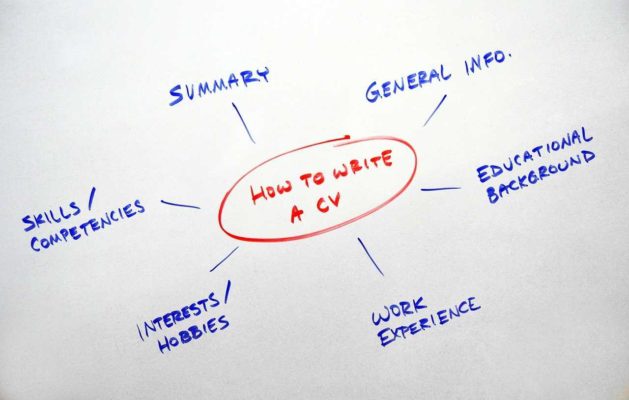
4. Keep It Concise and Relevant
Do not include the part time job you had at high school if it was 20 years ago and no longer relevant. Think about what you are including into your resume and make it job specific. Write dot points as they convey information directly and in a more readable format than full sentences.
5. Contact Details
A current phone number and email address are all that is really required. You can even add these to a footer on your resume to save space for the more relevant information. There is no need to add any additional information such as DOB or your postal address on your resume. Make sure your email address is professional. Your name is perfect and you can even set up an email account specific for your job search. Do not use your current work address as a contact point.
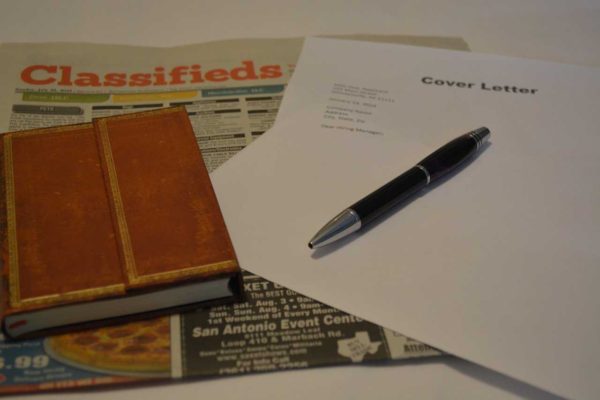
6. Make sure you follow the application instructions
If you are requested to apply via email then do this. If it is an online application, ensure you are uploading files in the correct format and size requirements. It is generally best to save your resume as a PDF rather an a doc file so your careful formatting will remain untouched no matter what program is used to view it if electronically. Also be mindful of the name of your file and keep it professional.
7. Scrap The Career Objective
The only time you need this on a modern resume is if you are changing careers or have not had previous work experience. Use the space on your cover letter to outline your career objectives.

8. Cover Letter
Always have an individualised cover letter for each application. This will give you the opportunity to personalise the application to your skills and experience, leaving the resume a more succinct description of your skills.
9. Achievements
Include achievements from your career or projects. Statistics or clear successful outcomes show the employer you can produce results.
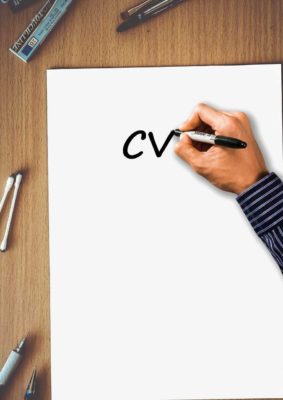
10. Gaps and Short Term Jobs
If you took a career break to fulfill your travel or family responsibilities. Add this in if it was for a prolonged period of time and not mentioning it would leave a gap in your chronology. If you worked at a job for two months as a temp and the rest of your experience has been long term, you can skip this role all together unless it is key to the application for the job you are applying for. If you had a range of temp roles over a period of time, list these as a bundle rather than individually. You can also use a format of the time at each role than the traditional start and finish year to cover gaps.
For the next step in the job hunting process, read our blog piece on the Top Ten Interview Tips for landing your dream job. To assist you with preparing for interview I have created a list of 20 of the most Commonly Asked Interview Questions.

